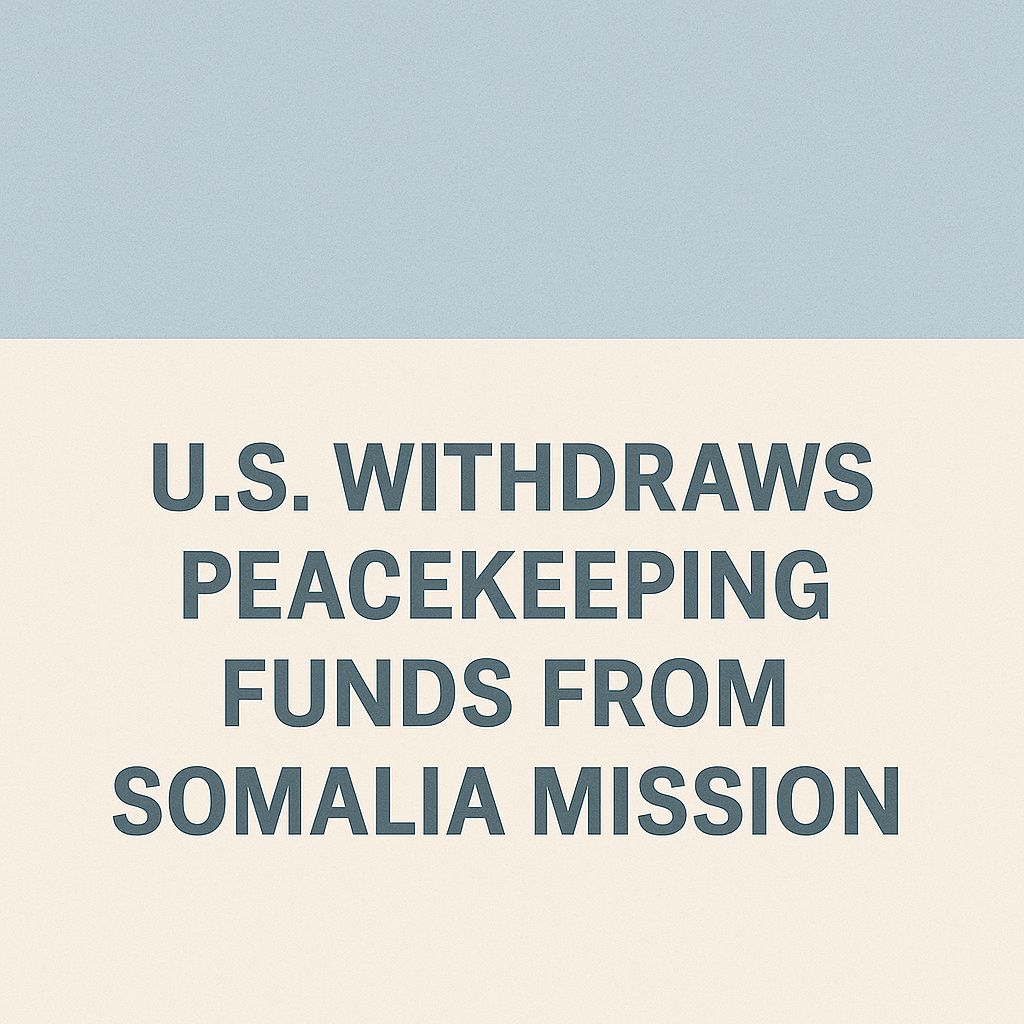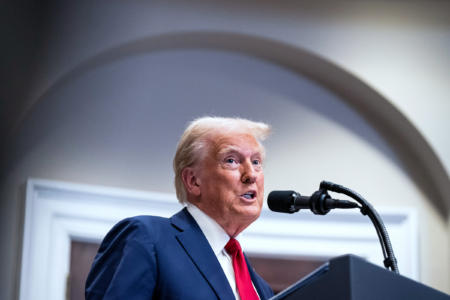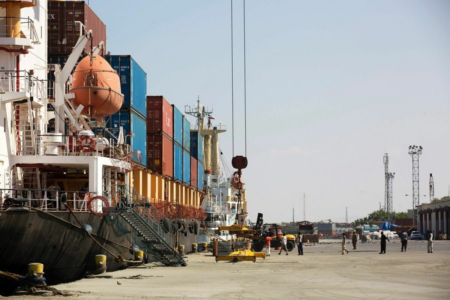The United States has declined to fund the African Union new peacekeeping mission in Somalia (AUSSOM), citing concerns over accountability, performance standards, and financial oversight.
The decision comes at a critical moment as Somalia undergoes a transition from the African Union Transition Mission in Somalia (ATMIS) to a more streamlined peace support framework under AUSSOM.
The U.S. Reasons to Stop Funding African Union Peacekeepers in Somalia
Washington abstained from a UN Security Council vote on Resolution 2767, which would allow UN-assessed contributions to fund over 90% of AUSSOM’s operational costs.
The U.S. argued this exceeds the agreed 75% cap under Resolution 2719.
Also, it emphasized that key reforms within the African Union are still pending.
American officials have also called for robust performance frameworks to ensure missions achieve their objectives before receiving sustained funding.
Read Also:
- UAE Radar Installation in Bosaso: Puntland BOLD Statement
- What is the US Army Doing at Baledogle Military Airfield?
- Somali Embassy in Cairo Welcomes Mogadishu Mayor
What are the Impacts of America’s Decision to Stop Funding African Union Peacekeepers in Somalia?
The U.S. decision poses a challenge to the continuity and effectiveness of peacekeeping efforts in Somalia.
A reduction in financial support could weaken AUSSOM‘s ability to combat terrorist groups like Al-Shabaab and maintain regional stability.
This may also affect the security transition timeline.
As Somali forces continue building capacity to take over national defense responsibilities.
While the United States reiterated its support for Somalia’s long-term peace and security goals, this funding refusal signals a shift toward stricter accountability in international peacekeeping missions.
Will America End the Mission of African Union Peacekeepers in Somalia?
This is not necessarily the end, but the U.S. decision to withhold funding is a serious blow that could force a major shift.
The African Union’s peacekeeping presence in Somalia (currently transitioning under the ATMIS mission) has relied heavily on U.S. and EU funding.
Without it, the AU will struggle to sustain operations unless alternate donors step in.
This could accelerate Somalia’s transition to full security responsibility, but also risk creating a security vacuum if Somali forces aren’t ready.
It’s a pivotal moment—not the end yet, but possibly the beginning of the final phase for AU-led missions in Somalia as we know them.








